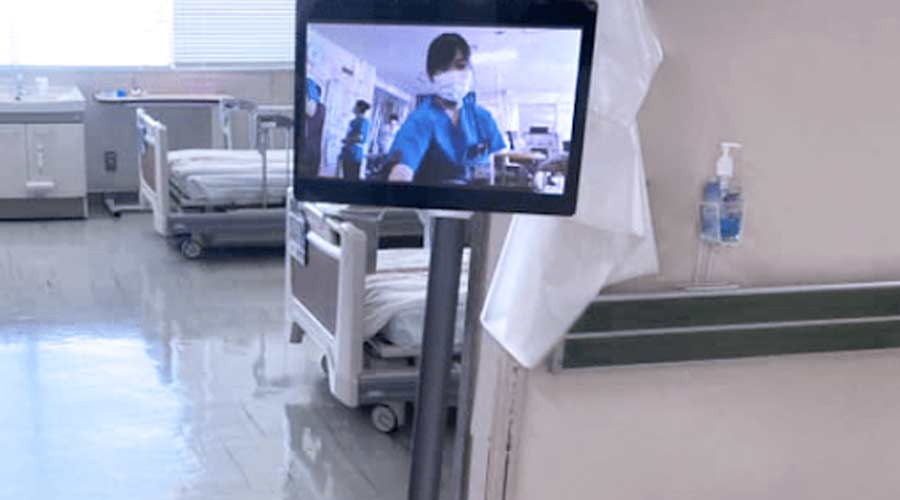Stress levels are at an all-time high for employees in the healthcare industry. Given the challenges of navigating the COVID-19 pandemic the last two years, rude patients, supply chain issues and limited staff, employees at levels are reaching a breaking point.
Facilities managers are growing more concerned about staff burnout and the limited ability to recruit new staff. Since the pandemic first began, the healthcare industry lost nearly 30 percent of its workforce. One in four hospitals are bracing for critical staffing shortages in the coming months. Still, exhaustion and burnout are some of the top reasons that employees are voluntarily leaving the workforce.
A report from Notable found that too much time is spent on documentation and not on patients. On average, respondents said that they spend 57.5 percent of their time on repetitive tasks, such as data entry and documentation. Over one-half of respondents said they are worried they will burn out due to the number of repetitive tasks.
Increasing automation can help organizations maximize efficiency and lower costs at a time when hospitals and health systems are challenged to do more with less, according to a survey by GHX. Still, the notion that emerging technologies will replace people’s jobs is a concern among employees. Managers have to assure employees that the technology will enable them to work more efficiently and reduce the number of problems that require time-consuming fixes. What sets technology, like automation, apart is its ease of use, low operational burden and accessibility to a team that requires solutions.
Read Next: Why Healthcare Facilities Need to Upgrade Their Software Systems
“Introducing new technology into a large-scale, non-stop operation like healthcare facilities management is no easy task,” says Aaron Chau, product manager with OhmniLabs. “Facilities managers do not sleep, so when something new is brought into a non-stop operation, there isn’t a lot of room for pause or error. When automation is introduced, it’s often through high-tech innovations that aim to streamline some part of the workflow. This could be anything from automating data capture in a work management software to automating deep disinfection following a terminal clean. Regardless of the introduction, the need for ease of use is standard across the industry. High-tech must be developed for low-tech environments in order to best service and scale facilities management operations.”
According to the GHX survey, ensuring that employees feel connected to and actively engaged with their work is an important step in increasing overall job satisfaction and retention. The goal for automated devices is to work alongside humans by taking on repeatable, low-level tasks. Working alongside this technology allows for employees to focus on work that will fulfill them.
“Technologies that successfully automate hospital operations allow lower-level functions such as reporting, record-keeping, inventory tracking, or disinfection to be run on autopilot, and allow staff and management to dedicate their thinking to more important tasks.,” Chau says. “New tech is more interesting to facility management teams now more than ever. Simultaneously, vendors are displacing existing solutions that failed to hold up under pandemic pressures. Automation will continue to play an important role in facility management, working alongside human operations to provide reliable and repeatable results, ultimately saving time and cost for hospitals.”
Mackenna Moralez is the associate editor with Healthcare Facilities Today.

 Designing Healthcare Facilities for Pediatric and Geriatric Populations
Designing Healthcare Facilities for Pediatric and Geriatric Populations Kaiser Permanente Announces New Hospital Tower at Sunnyside Medical Center
Kaiser Permanente Announces New Hospital Tower at Sunnyside Medical Center Building Disaster Resilience Through Collaboration
Building Disaster Resilience Through Collaboration Amae Health Expands to New York City
Amae Health Expands to New York City Hospital for Special Surgery Opens Two New Facilities in New Jersey
Hospital for Special Surgery Opens Two New Facilities in New Jersey